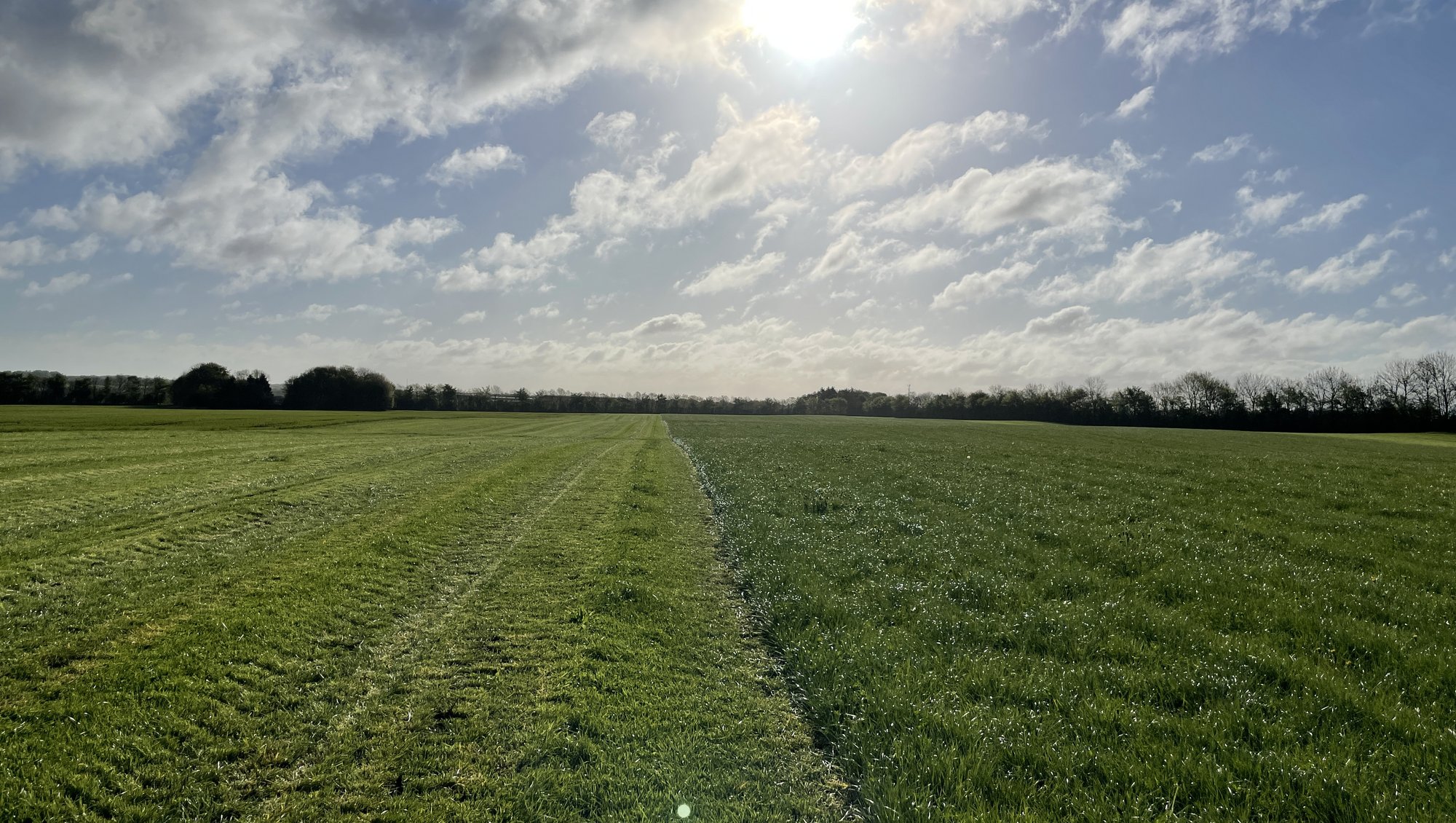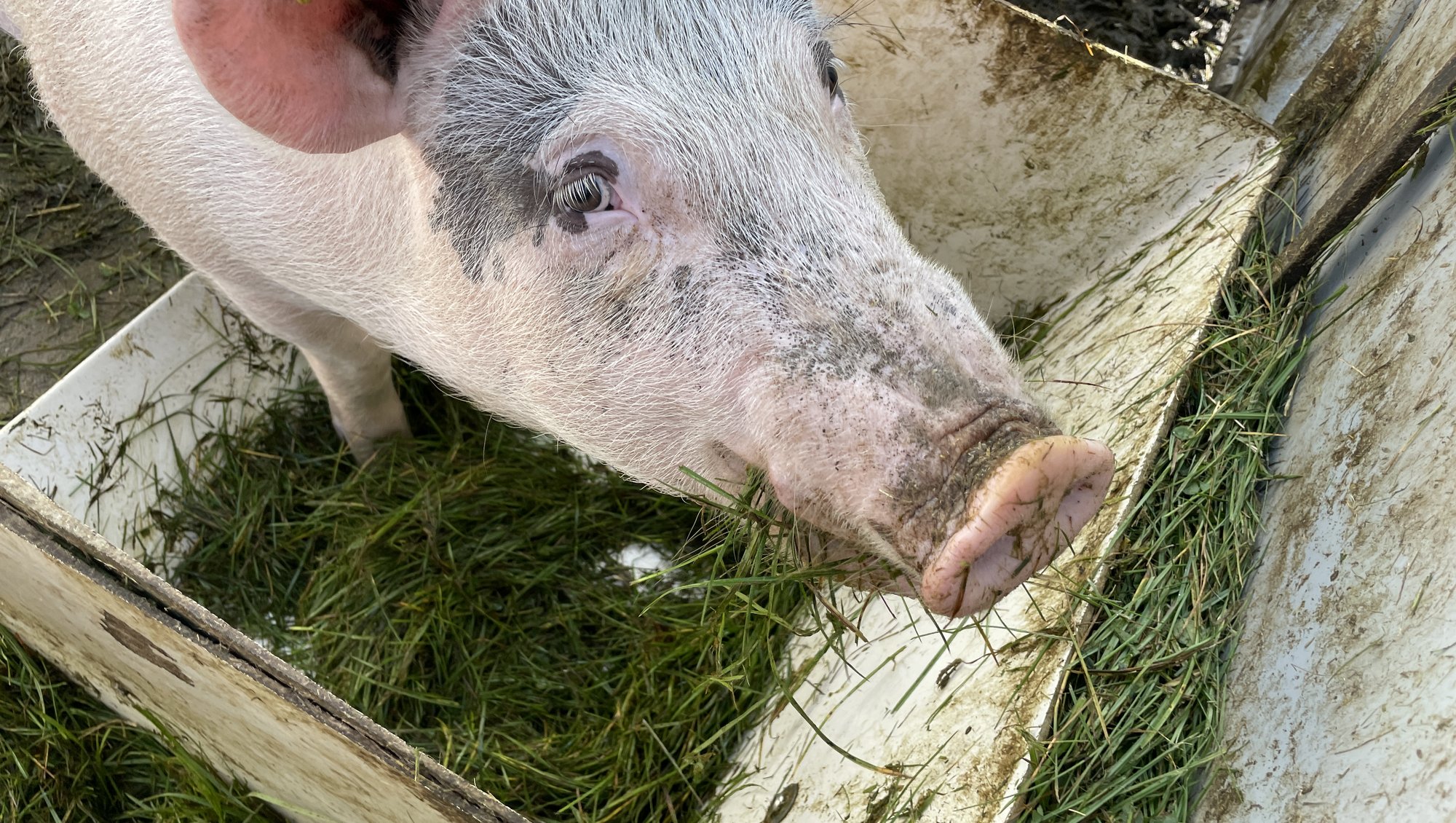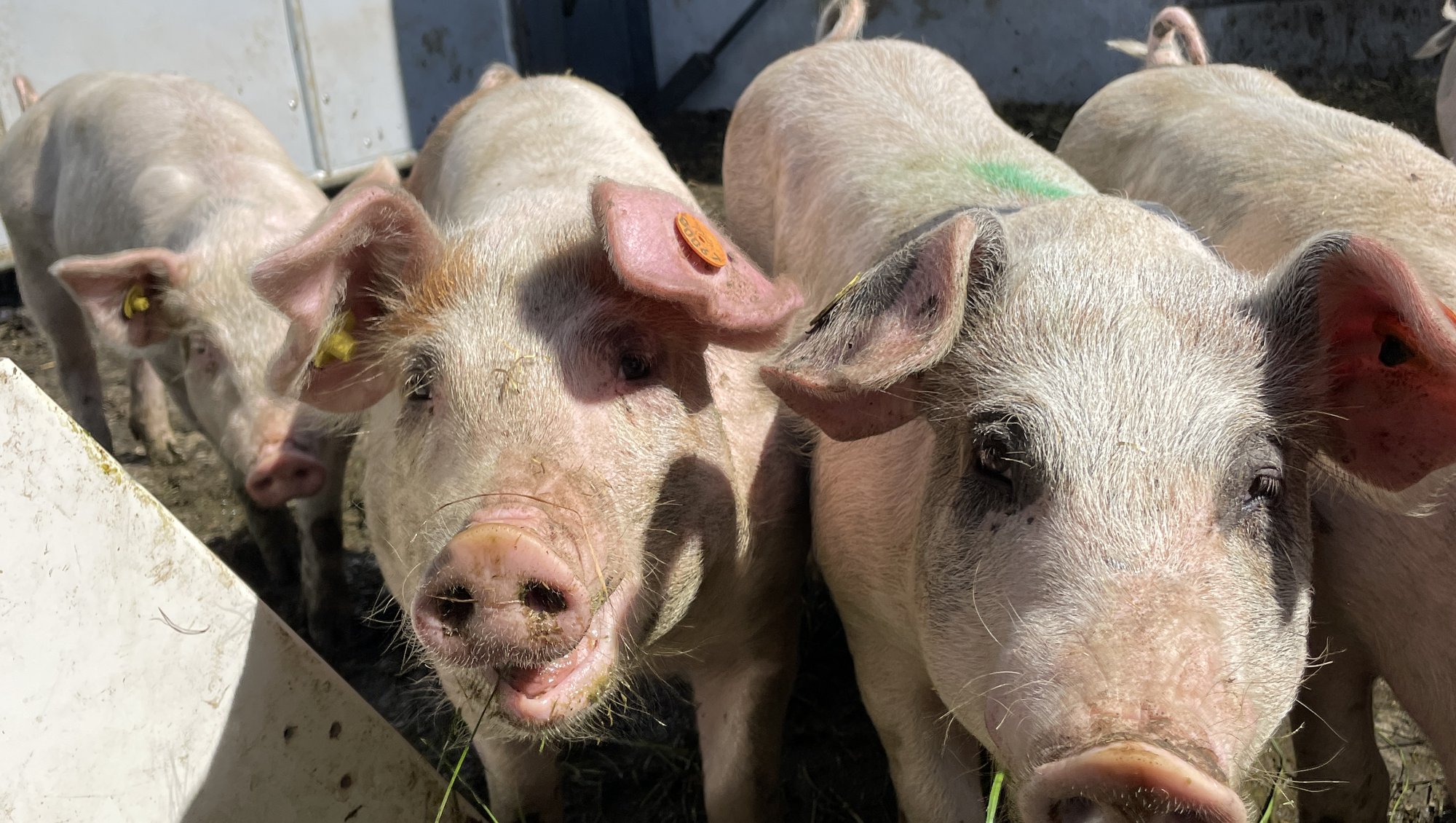ORIGIN
Optimal feeding of organic pigs for the benefit of climate and economy
Background
Low feed efficiency combined with the use of local protein sources increases the excretion of nutrients from organic growing finishing pigs and compromises the feed economy. Currently, organic pigs are fed according to conventional protein standards despite the fact that the two production systems differ significantly from each other in several crucial aspects. Alongside lower feed efficiency in organic production, which is expected to be exacerbated by the use of 100% organic and locally produced protein sources, both the climate footprint and economy are challenged. To ensure herd economy and improve the climate footprint of production, targeted feeding tailored to the needs of organic pigs is necessary.
The purpose of ORIGIN
ORIGIN aims to determine the physiological requirements for digestible lysine, taking into account the contribution of protein from the required roughage and the increased energy needs from thermoregulation and physical activity in organic pigs compared to conventional ones. The project establishes the physiological lysine recuirements for organic pigs in three weight intervals, based on the best possible compromise between productivity and environmental considerations. Additionally, a digital management tool will be developed for on-farm use, based on the new standards and current market prices of feed protein source.
The project step by step |
|
The new lysine standards in combination with the digital tool are expected to reduce nitrogen leaching by 377 g per produced pig and improve farm economy by 20-30 DKK per pig.
Project leader

Lene Stødkilde-Jørgensen, Associate Professor
Department of Animal and Veterinary Sciences – ANIVET, Nutrition of Monogastric Animals (MONU), Aarhus University
Email: lsj@anivet.au.dk
Project partners
Simme Eriksen
Center for Frilandsdyr
Hans Erik Jørgensen and Kirsten Rasmussen
Risbjerg Landbrug
Kristian Knage- Drengfeldt, Mette Haunstrup and Torben Jensen
Vestjyllands Andel



